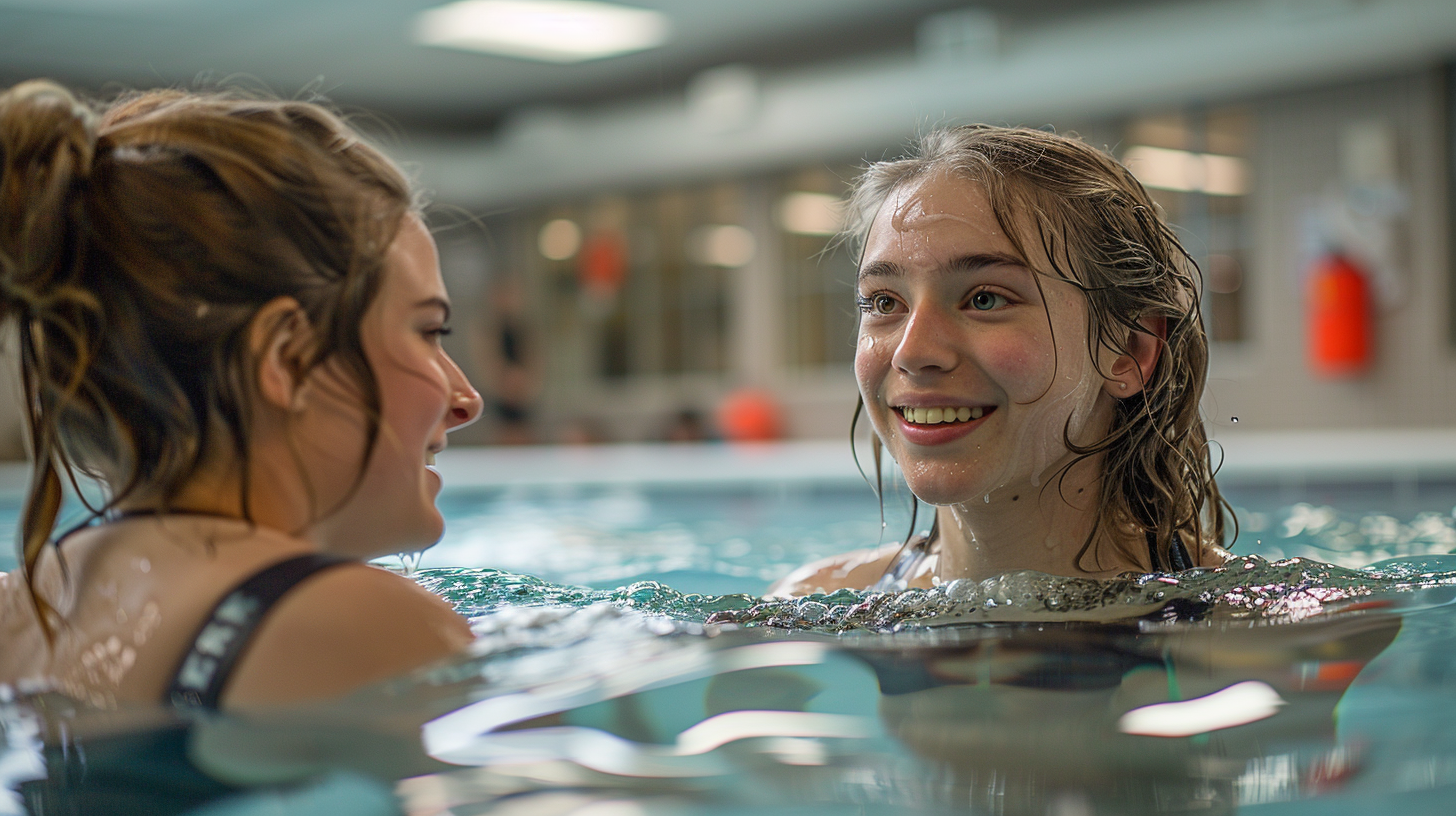
Exploring the Benefits of Aquatic Therapy for Individuals with Disabilities
Aquatic therapy, also known as hydrotherapy, has become an invaluable resource for individuals with disabilities. This therapeutic approach uses the properties of water to enhance physical and emotional well-being. In New Jersey, various programs offer aquatic therapy, providing comprehensive support to those in need.
Understanding Aquatic Therapy
What is Aquatic Therapy?
Aquatic therapy involves performing therapeutic exercises and activities in a pool under the guidance of a trained therapist. The buoyancy, resistance, and temperature of water create a unique environment that can be particularly beneficial for individuals with disabilities, including those with cerebral palsy, autism, and developmental disabilities.
Key Benefits of Aquatic Therapy
- Improved Mobility and Flexibility
- Water’s buoyancy reduces the impact of gravity, allowing for greater freedom of movement. This is particularly beneficial for individuals with mobility impairments, such as those with cerebral palsy or other physical disabilities. The reduced pressure on joints and muscles enables more effective stretching and exercise, leading to improved mobility and flexibility.
- Enhanced Muscle Strength and Endurance
- The resistance of water provides a natural form of resistance training. Performing exercises in water helps build muscle strength and endurance without the risk of injury associated with land-based exercises. This is especially useful for individuals who require a low-impact workout due to their disabilities.
- Pain Relief and Relaxation
- Warm water helps to relax muscles and alleviate pain, making aquatic therapy an ideal option for individuals with chronic pain or musculoskeletal conditions. The soothing properties of water can also reduce muscle spasms and improve overall relaxation.
- Better Balance and Coordination
- The supportive environment of water allows individuals to practice balance and coordination exercises with a lower risk of falling. This can lead to improved balance and coordination, which are crucial for daily activities and overall safety.
- Enhanced Social Interaction and Confidence
- Aquatic therapy often takes place in group settings, providing opportunities for social interaction. Engaging in therapy alongside others can boost confidence and reduce feelings of isolation. For individuals with autism or developmental disabilities, this social component is an added benefit.
Local Resources for Aquatic Therapy in New Jersey
Kessler Institute for Rehabilitation
The Kessler Institute for Rehabilitation offers comprehensive aquatic therapy programs designed for individuals with various disabilities. Their state-of-the-art facilities and experienced therapists provide personalized therapy plans to meet each individual’s needs.
Special Strides
Special Strides, located in Monroe, NJ, integrates aquatic therapy with other therapeutic approaches to support individuals with disabilities. Their programs focus on enhancing physical and emotional well-being through customized therapy sessions.
HealthSouth Rehabilitation Hospital of Tinton Falls
The HealthSouth Rehabilitation Hospital of Tinton Falls offers aquatic therapy as part of their comprehensive rehabilitation services. Their skilled therapists use water-based exercises to help patients achieve their rehabilitation goals.
RWJ Barnabas Health
RWJ Barnabas Health provides aquatic therapy services at multiple locations throughout New Jersey. Their programs are designed to improve mobility, strength, and overall health for individuals with disabilities.
Embracing the Benefits of Aquatic Therapy
Aquatic therapy offers a multitude of benefits for individuals with disabilities, enhancing physical mobility, muscle strength, and overall well-being. The supportive properties of water create an ideal environment for therapeutic exercise, reducing pain and improving flexibility. In New Jersey, several top-tier facilities offer specialized aquatic therapy programs, ensuring that individuals receive the best possible care.
By integrating aquatic therapy into the treatment plan, individuals with disabilities can experience significant improvements in their quality of life. For more information on local aquatic therapy services, visit the Kessler Institute for Rehabilitation, Special Strides, HealthSouth Rehabilitation Hospital of Tinton Falls, and RWJ Barnabas Health. Embrace the healing power of water and explore the transformative benefits of aquatic therapy.





